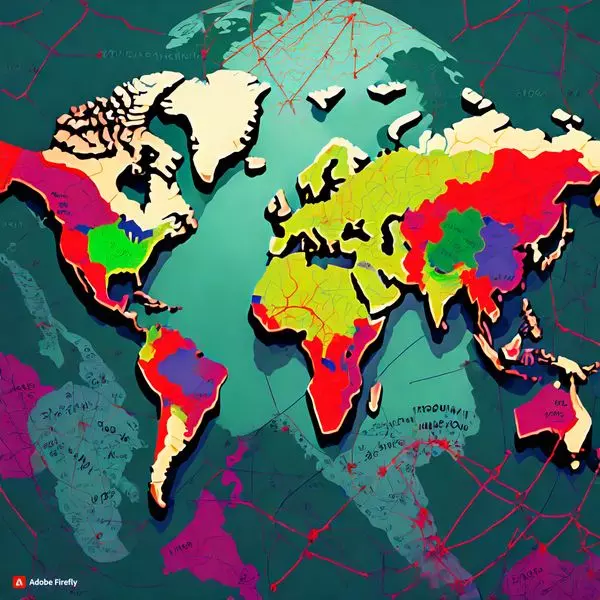In a groundbreaking move, the United States Food and Drug Administration (FDA) has granted approval for the world’s first vaccine targeting chikungunya, a mosquito-borne virus. The FDA, identifying chikungunya as “an emerging global health threat,” has given the green light to the vaccine developed by Europe’s Valneva, which will be marketed as Ixchiq.
The vaccine, administered in a single dose, contains a live, weakened version of the chikungunya virus, following the standard approach for vaccines. The FDA approval covers individuals aged 18 and above, a group deemed to be at an elevated risk of exposure.
Two clinical trials conducted in North America, involving 3,500 participants, revealed common side effects such as headache, fatigue, muscle and joint pain, fever, and nausea. Serious reactions were reported in 1.6 percent of recipients, with two cases requiring hospitalization.
Valneva has also submitted an application for authorization with the European Medicines Agency (EMA). The FDA approval is expected to expedite the vaccine’s deployment, particularly in countries where the chikungunya virus is prevalent.
Global Prevalence and Unmet Medical Need:
Chikungunya, causing fever and severe joint pain, is commonly found in tropical and subtropical regions of Africa, Southeast Asia, and parts of the Americas. The FDA highlighted the global rise in chikungunya cases, reporting over five million instances in the past 15 years.
Symptoms of chikungunya can persist for months or even years, and there is currently no specific drug for its treatment. Pain and fever relief medications have been the common recourse, with the primary preventive measure being to avoid mosquito bites.
Senior FDA official Peter Marks emphasized the severity of the disease, particularly for older adults and individuals with underlying medical conditions. “The approval is viewed as a crucial step in addressing an unmet medical need and advancing the prevention of this potentially debilitating disease,” he added.
Efficacy at 98%, Study Finds
A clinical study on the vaccine, published in The Lancet on June 12, demonstrated “highly protective” results in its Phase III human trial. The live-attenuated vaccine, VLA1553, based on the La Reunion strain of chikungunya, showed an impressive response rate of 98.9 percent in participants 28 days after a single administration.
Martina Schneider, the lead author of the study and clinical strategy manager at Valneva, noted that this could be the first chikungunya virus vaccine candidate for active immunization of travelers and residents in endemic areas. She highlighted the importance of good antibody persistence, a characteristic expected from a live-attenuated vaccine, given the disease’s unstable epidemiology.
Also Read: Global Rainforest Conservation Efforts: Nations Unite To Preserve Vital Rainforest Ecosystems











